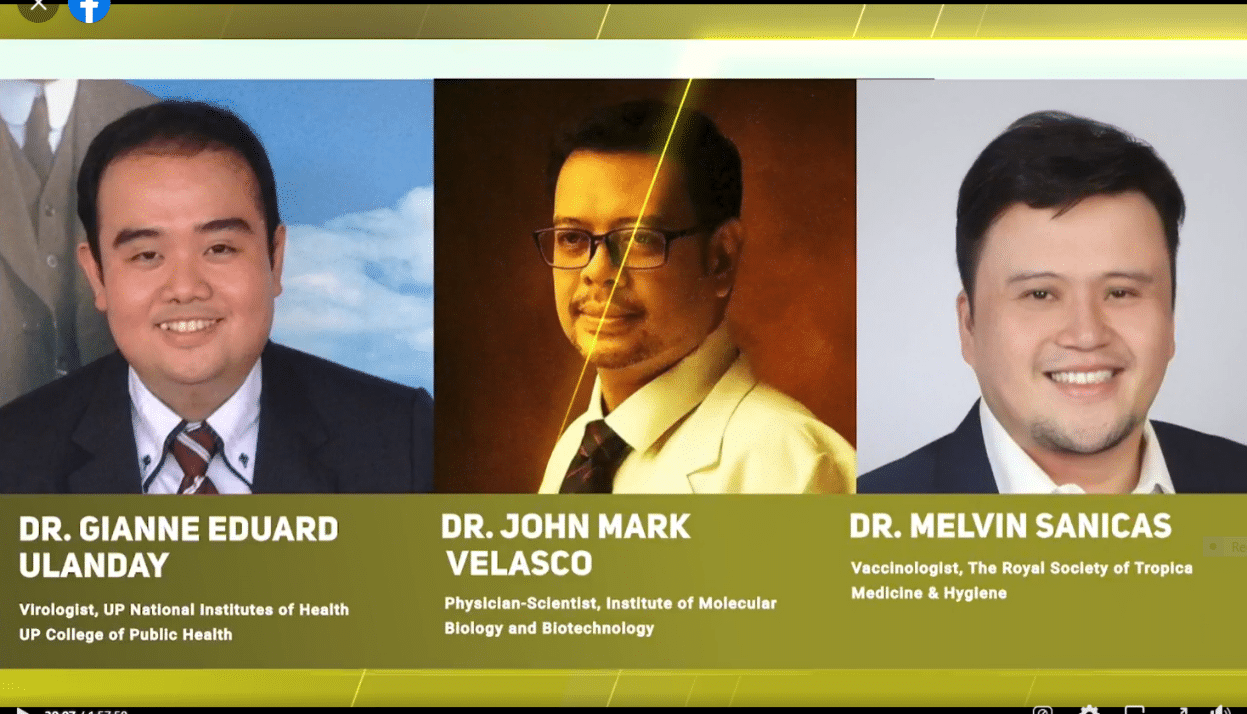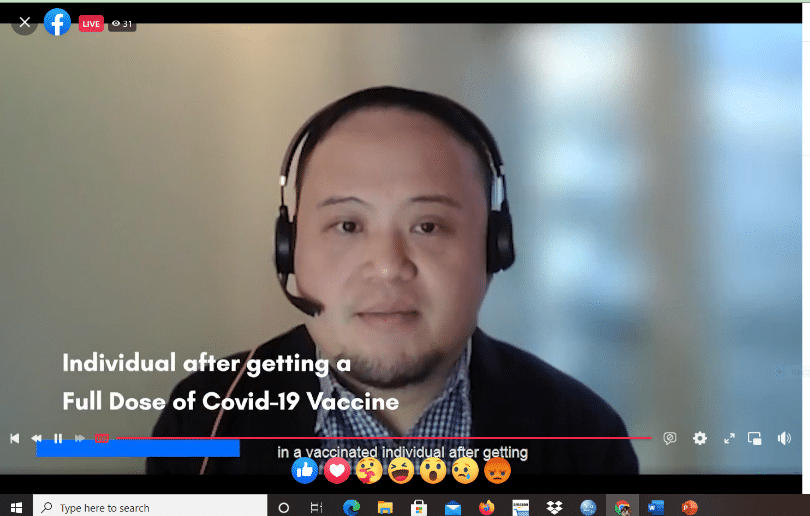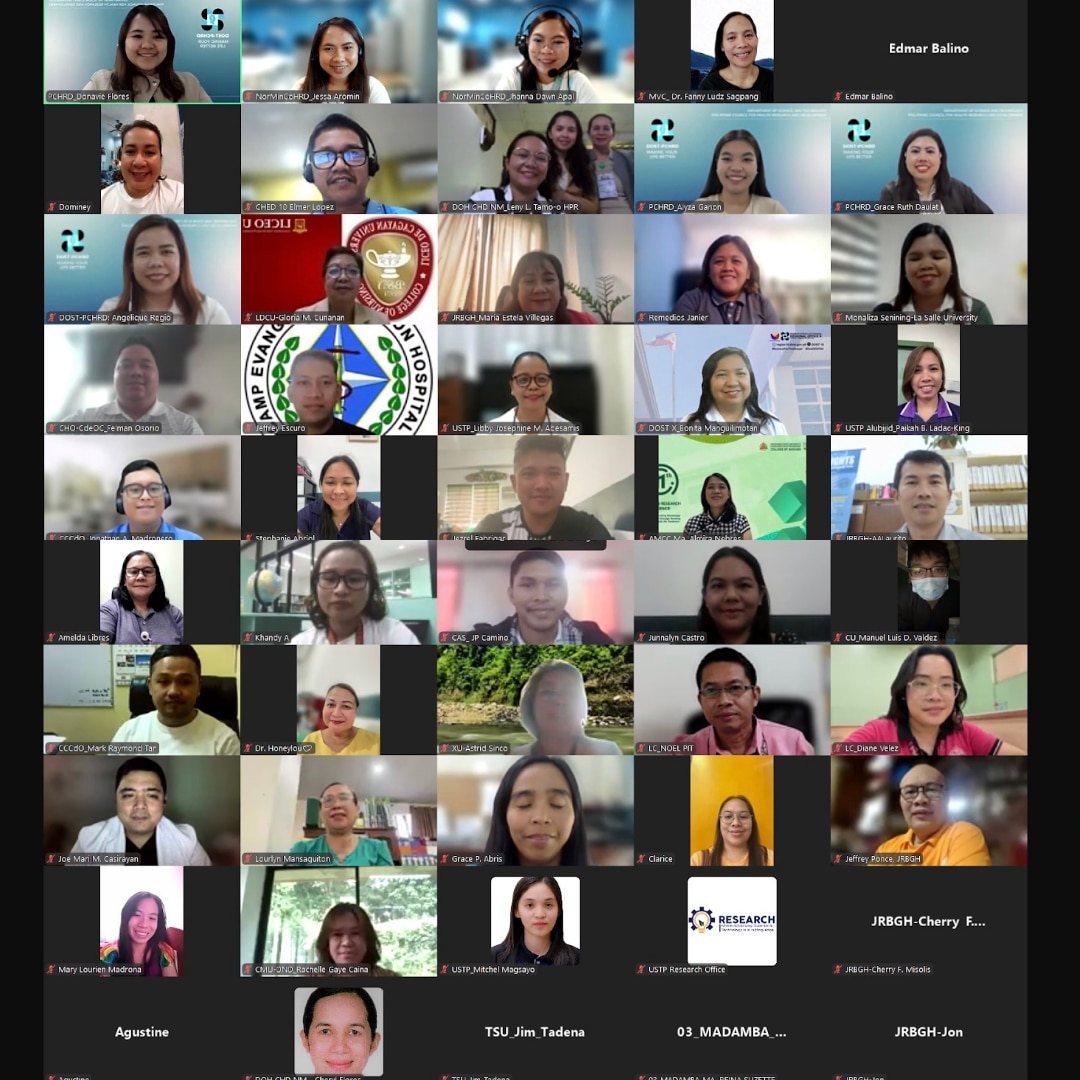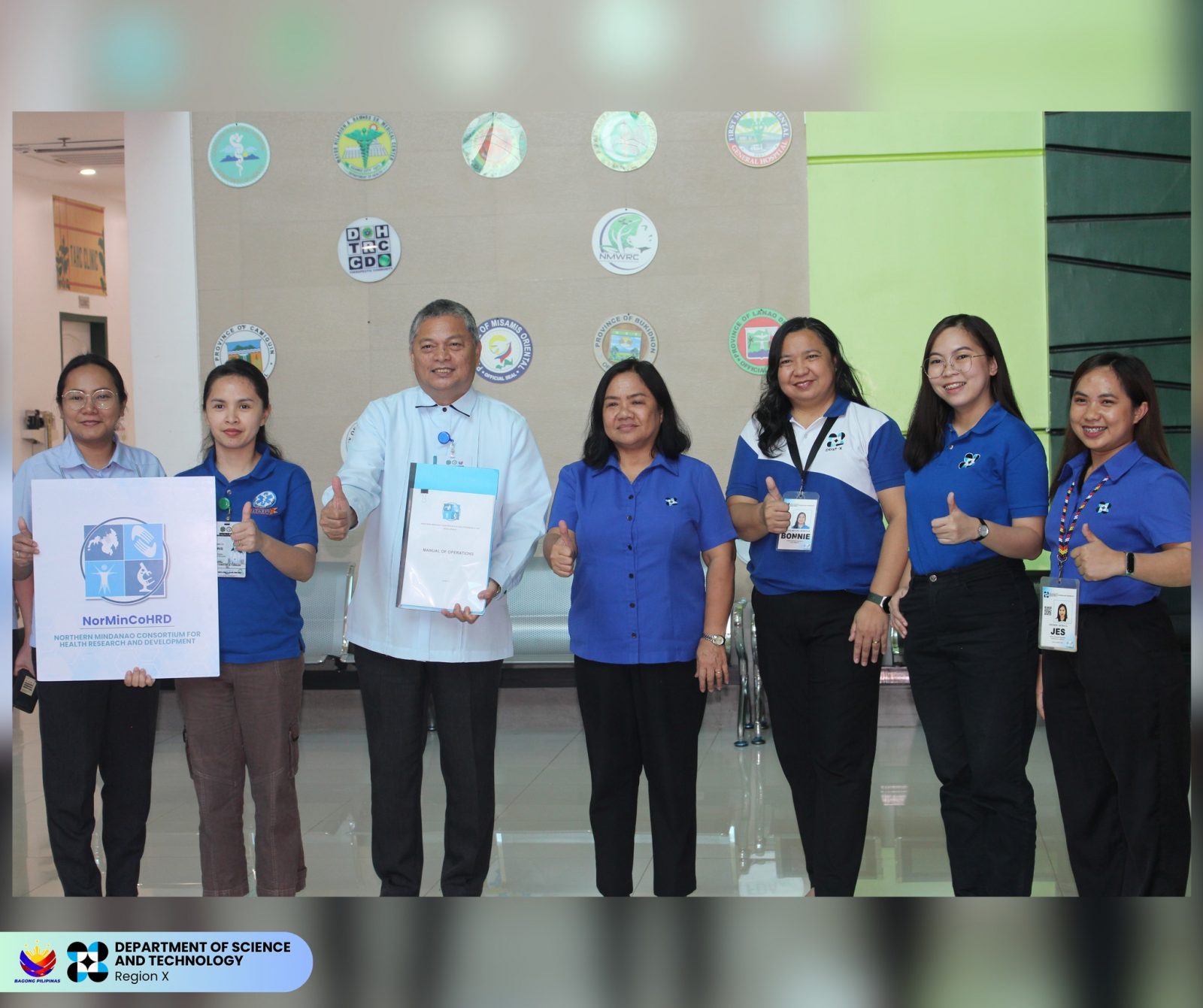
The resource speakers on the 4th episode of DOST-NRCP’s Expert Class: Vaccines and Vaccination. (Photo Credit: DOST-NRCP’s Expert Class webinar)
“The longer we wait to get vaccinated, we are giving more time for the virus to mutate.”
This was according to Dr. Gianne Eduard Ulanday, a virologist from the University of the Philippines and one of the panelists during the Expert’s Class Episode 4: Vaccines and Vaccination webinar organized by the National Research Council of the Philippines (NRCP) of the Department of Science and Technology (DOST).
“Vaccine hesitancy is the delay in acceptance or refusal of vaccines despite availability of doses. Now it’s important to highlight this because we always hear about vaccine hesitancy in the context of COVID, but in reality, in many places globally, including the Philippines there are no vaccines available for everyone who wants to get vaccinated,” Dr. Melvin Sanicas, a vaccinologist, and member of The Royal Society of Tropical Medicine & Hygiene, said.
Ulanday added that the most important thing with the vaccine is the time, not the brand, and that there’s no vaccine that is 100% effective, not only with COVID, but as with the other diseases. There’s always that one percent chance that it’s not effective.
“Rather than comparing between brands, on whether this is the best one, or this is a better one, this provides higher protection, longer protection, maybe we should focus on just getting what is available right now, to be protected, because all of these vaccine brands, they have full protection against severe infection, and that’s what we’re trying to prevent – severe infection,” said Dr. John Mark Velasco, Physician-Scientist from the Institute of Molecular Biology and Biotechnology.
Currently, there are around 93 vaccines being tested in clinical trials in humans and 30 candidate COVID-19 vaccines have reached the final stages of testing (Phase 3 of clinical trials). On top of that at least 77 preclinical vaccines are under trials in animals. All these vaccines are designed to teach the body’s immune system to safely recognize and block the virus that causes COVID-19.
The 1st generation vaccines that are currently being used have all been granted Emergency Use Access by the World Health Organization (WHO) and by the National Regulatory Bodies. Newer and better 2nd generation vaccines are in the development pipeline, and will be available once they pass the safety and efficacy criteria set by the regulatory authorities.
Expert’s Class, which is a part of DOST-NRCP’s initiative to provide the public with updated research and science-based information on various S&T issues, can be viewed on Research Pod’s Facebook Page. (Geraldine Bulaon-Ducusin, S&T Media Service)

Sanicas said, “I think nakakalimutan natin that we actually have the tools that can really stop this. You know we have masks since what, March last year, we have vaccines since January this year, and we know all the other things, right, like hand washing, physical distancing, opening windows, ventilation, but I don’t think they’re actually doing it religiously.” Sanicas also added that even in Europe he sees people wearing mask incorrectly, “Nasa ilalim ng ilong o baba, or yung mga masks na may valves na hindi dapat ginagamit, and so you know people always ask when is this pandemic gonna end? But the answer really is it’s up to us, actually, if we have this collective effort, na maybe, just for four weeks lahat tayo, we religiously do what we should do, and get vaccinated, you will be out of this, ah, pandemic.” (Photo Credit: DOST-NRCP’s Expert Class webinar)






